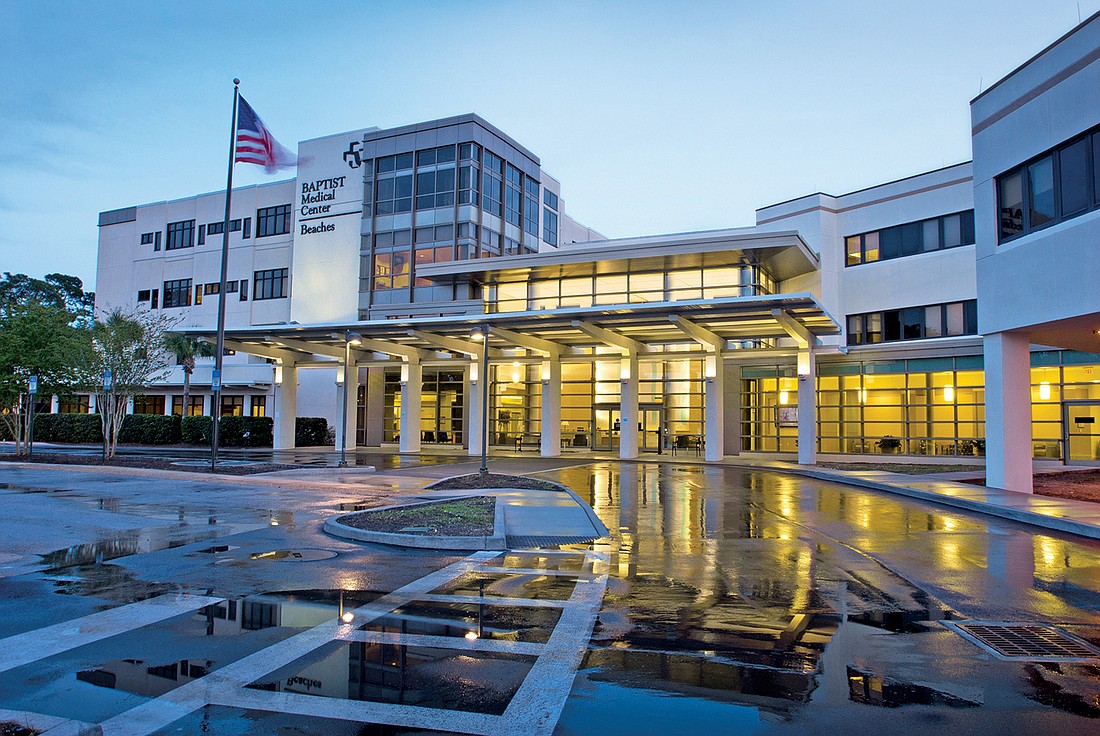
As it neared the end of the first week resuming elective surgeries, Baptist Health COO Matt Zuino said May 7 the hospital is operating at 40% of its usual volume.
The state allowed elective surgeries to resume May 4 after halting them for a month to preserve personal protective equipment and reduce patient exposure risk to COVID-19.
To reschedule surgeries, Baptist patients must first update their medical history with their doctors and gain insurance approval.
Once that happens, volumes are expected to return closer to normal levels.
Some patients are not ready to reschedule. Nearly 30% of Baptist’s patients are concerned with in-person care, according to a recent survey the system conducted. Zuino said the hospital is communicating more with its patients to let them know it is safe to come back.
Except for its visitation policy, hospitals are continuing to operate the way they did during the peak of the outbreak. Anyone who comes in is screened at the door, face masks are required and any suspected COVID-19 cases are separated from the rest of the patients.
“It’s really us continuing to do our screening, face coverings, social distancing, things of that sort,” Zuino said. “It’s not like we’re doing something different than what we’ve been doing the last few weeks.”
According to Baptist’s survey, about 40% of respondents deferred or avoided some kind of medical care because of COVID-19.
For those wary of returning to the hospital, Zuino said Baptist will continue offering broader telehealth services. Before the outbreak, Baptist primarily used telehealth to increase access to more specialized services, like teleneurology and telestroke programs, in its emergency rooms.
Now, its physician practices and urgent cares are better able to use it and will continue to offer it.
“We see that being part of the new normal,” Zuino said. “I suspect and believe we’re going to have a percentage of our population that’s still going to want to have access via telehealth.”
Zuino said no one was laid off during the outbreak, but those in lower volume areas of the system were put into a labor pool to be reassigned or took paid time off.
“We’re shifting those folks out of our labor pool back into their roles,” he said. “We’ll be backfilling those other roles, like screeners at our front doors.”
While Baptist was affected financially by the lack of elective surgeries, Zuino is not worried about the hospital’s ability to recover. In the coming weeks, Baptist will form a recovery plan.
Typically, the hospital plans for the impact of a hurricane in its budget. In this case, Zuino said the coronavirus impact was like “we’ve had multiple hurricanes hit us.”
“It’s impacted us like it’s impacted others,” he said. “We were financially sound. We were a strong organization, and we build that strength up to help us weather a storm like this.”